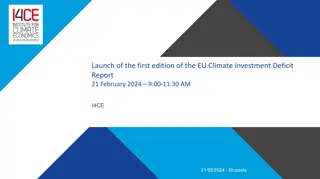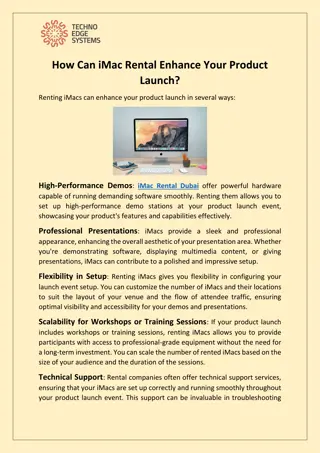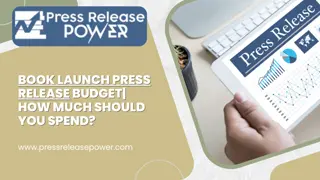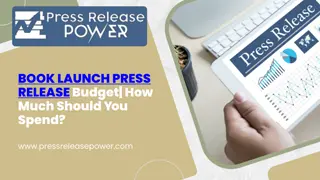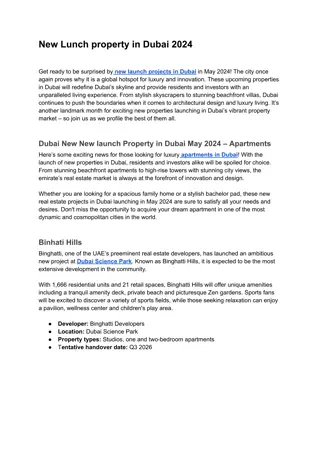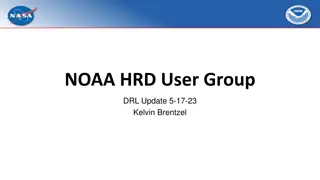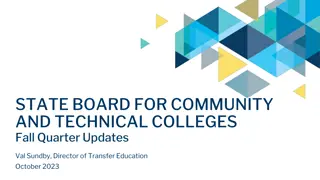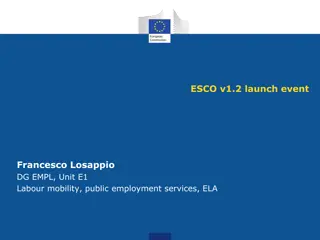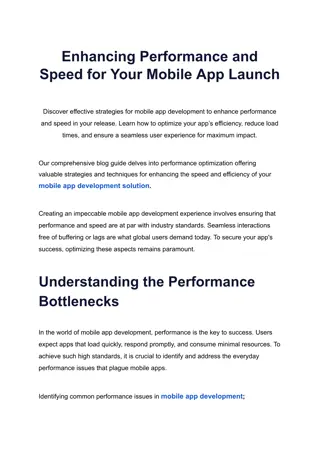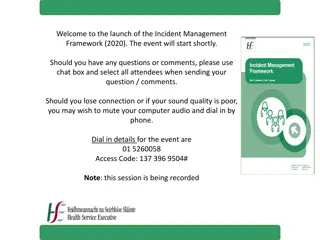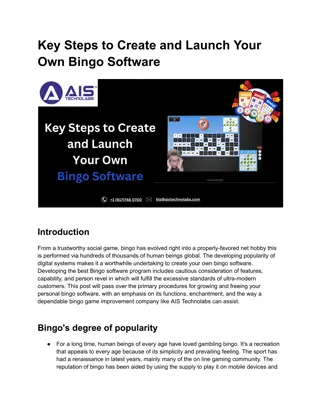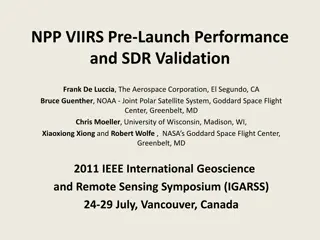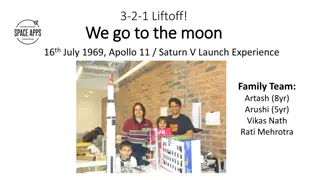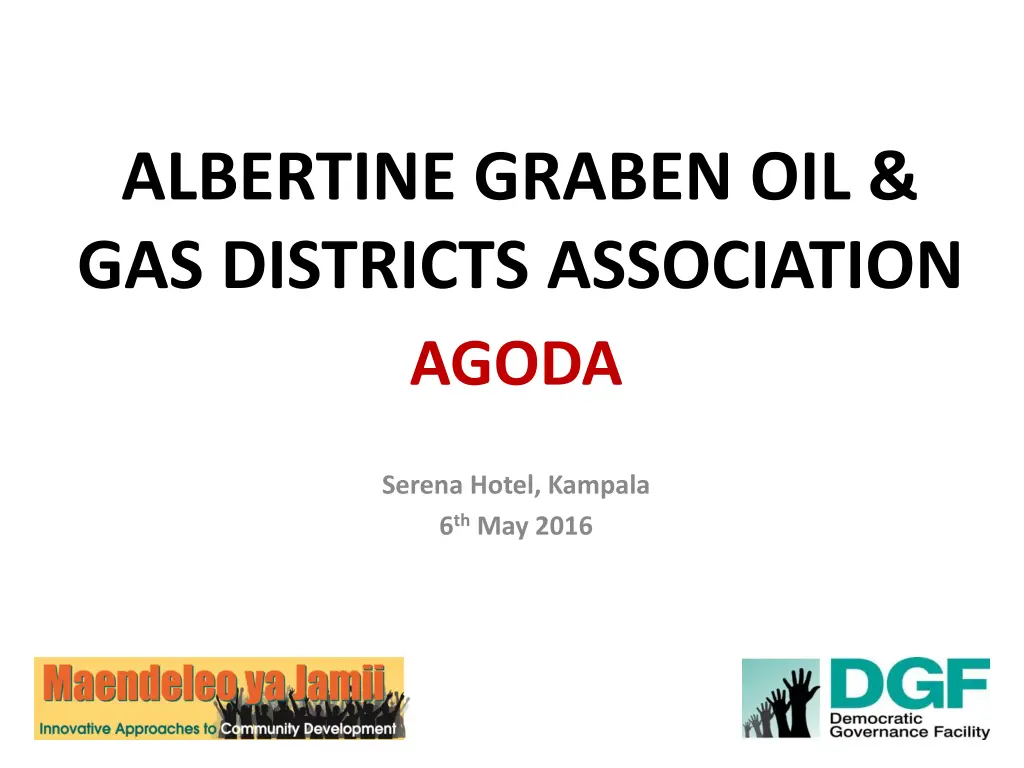
Albertine Graben Oil & Gas Districts Association Analysis
Explore the Albertine Graben Oil & Gas Districts Association's initiatives, data sources, categorized barriers, stakeholder engagement, and stakeholder perceptions. Learn about the multi-stakeholder forums in oil-bearing districts and the community support expectations in Kanungu District.
Download Presentation

Please find below an Image/Link to download the presentation.
The content on the website is provided AS IS for your information and personal use only. It may not be sold, licensed, or shared on other websites without obtaining consent from the author. If you encounter any issues during the download, it is possible that the publisher has removed the file from their server.
You are allowed to download the files provided on this website for personal or commercial use, subject to the condition that they are used lawfully. All files are the property of their respective owners.
The content on the website is provided AS IS for your information and personal use only. It may not be sold, licensed, or shared on other websites without obtaining consent from the author.
E N D
Presentation Transcript
ALBERTINE GRABEN OIL & GAS DISTRICTS ASSOCIATION AGODA Serena Hotel, Kampala 6thMay 2016
DATA SOURCES 30 VILLAGES/COMMUNITIES 7 DISTRICT LOCAL GOVERNMENTS Arua: Ndara, Ndiova, Oyu, Wanyange Nebbi: Abok, Kiyaya West, Nyabang, Nyamutagana-A, Nyapolo, Pakwach T/C Nwoya: Lagazi, Pajengo, Pawatomero Central Buliisa: Bikongoro, Kakindo, Kasinyi, Kijumbya, Kirama Hoima: Kab II, Kaiso, Kiryamboga, Kyapuloni, Kyehoro, Nsonga, Tonya-A Rukungiri: Rwenshama, Rwesigiro Kanungu: Kameme, Kazinga/Bukorwe Arua Buliisa Hoima Kanungu Nebbi Nwoya Rukungiri 2 COMPANIES Tullow Oil Total E&P Uganda 3 SUB-COUNTY LOCAL GOVERNMENTS Bwambara Sub-County, Rukungiri District Kihiihi Sub-County, Kanungu District Purongo Sub-County, Nwoya District 2
CATEGORISED BARRIERS 1. Community Support 2. Corporate Social Responsibility 3. Corruption 4. Displacement & Compensation 5. Education & Training 6. Employment 7. Environment 8. Information & Communication 9. Infrastructure 10. Local Economic Development 11. Policy & Legal Framework 12. Public Health 13. Social 14. Security 15. Stakeholder Engagement 3
STAKEHOLDER ENGAGEMENT SPECTRUM 01 02 03 04 05 06 07 08 09 10 11 12 13 5
BASELINE ANALYSIS OF STAKEHOLDER PERCEPTIONS 14 (F) 12 (E) (C) 10 (D*) (B*) Community 8 Local Government Central Government (A*) 6 Company 4 2 0 6 Community Local Government Central Government Company
MULTI-STAKEHOLDER FORUMS (MSFs) In 7 oil-bearing districts Communities, local governments, central government and companies have began the process of: 1. identifying their priority barriers in the oil and gas sector, 2. describing the cause of the barriers, 3. developing actions to address them, and 4. jointly monitoring their implementation Priorities and actions constantly updated 7
KANUNGU DISTRICT COMMUNITY SUPPORT Community and local government expectations of improved social services (schools, health, roads, water) from oil and gas industry not being met Lack of a community plan to cause benefit from the oil and gas industry 8
RUKUNGIRI DISTRICT DISPLACEMENT, COMPENSATION & RESETTLEMENT Unclear land ownership and demarcation Compensation rates for land, crops, property, and all resources are outdated Lack of community consultation in process of developing compensation rates Compensation not provided in a timely manner Displacement that results in loss of livelihood Incomplete re-settlement of squatters (not following terms of compensation not moving out of the land) 9
HOIMA DISTRICT LAND GRABBING Illegal influencing of the process of acquiring land Assumption that community land is not occupied/it is public land Lack of public information on applications for land registration Unclear land ownership and demarcation Weaknesses in the selection, working conditions and monitoring the work of Area Land Committees (sub- county) 10
BULIISA DISTRICT LAND CONFLICTS Individuals manipulating legal processes to unlawfully acquire land Individuals acquiring communal land through utilization or by registration Individuals selling communal land as though it is personal land Encroachment by oil companies on individual and communal land before agreement of terms for the use of land Individuals taking advantage of undocumented size and unclear land boundaries Some ALCs not capacitated to do their work 11
NEBBI DISTRICT STAKEHOLDER ENGAGEMENT Inadequate community involvement in oil and gas activities Lack of linkage between existing committees at community and local government levels 12
ARUA DISTRICT INFORMATION & COMMUNICATION Oil exploration activities began with minimal LG and community information and involvement No information and awareness on the oil exploration process, including benefits, impacts, form of oil to be recovered, security concerns, stakeholders that will be involved, schedule of activities, etc Central government has information that is not shared with LGs and communities because they are not open, but companies expect LGs and communities to have that information already from central government Minimal information about the role of LG and communities in the oil and gas sector 13
NWOYA DISTRICT ENVIRONMENT Poor waste management measures in terms of transportation, waste pit and its impact on water, etc Dust from industry trucks on murram roads causing air pollution Wildlife movement onto community land from MFNP Limited/ineffective participation of local governments and communities in the EIA process Inadequate capacity of LG and communities to participate in the EIA process Perception of central government that LG can't participate effectively in the EIA process 14
COMMON SUB-NATIONAL ISSUES Overwhelming desire for regular multi-stakeholder engagement to address current and potential concerns and share experiences Need for developing new channels for sharing information to the full range of stakeholders Urgent need for land demarcation and registration using livelihood-based approaches Need for experiential learning on what has worked elsewhere and how it may be successfully applied in the local context Better forecasting of and preparation for issues related to displacement & compensation during the entire extractive industries project cycle Planning and action on the potential negative impact of petroleum exploration and production on the environment, biodiversity and tourism Shift in interest in local economic development that focused solely on employment opportunities to one that now includes markets for local products and services 15



